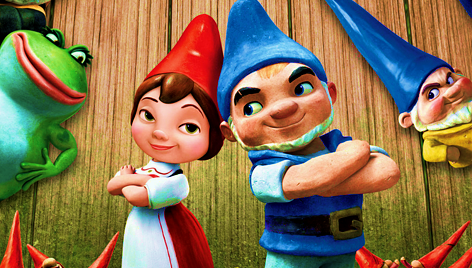Romeo and Juliet is a tragic love story written by William Shakespeare in 1597. Is about the impossible love story between two teenegers who belong to two families in Verona, who have been together since time immemorial: the Montesco and the Capuleto. Romeo Montesco meets the beautiful lady Julieta Capuleto at a party and they both fall in love with each other. The two decide to marry in secret, aided by Fra Llorenç, who officiates at the liaison.
One day, Mercury, Romeo’s close friend, fights with Theobaldo, a member of the Capulet family. Then Romeo appears and, when seeing Mercury die at the hands of Theobaldo, Romeo kills this one. In the face of this situation, Verona’s authorities force Romeo into exile and flee far from the city. This says goodbye to his beloved Juliet and childbirth.
Meanwhile, the Capulet family, unaware of their daughter’s recent bond with a Montesco, want to marry another man. Juliet, aided by the friar who officiated her bond, decides to take a potion to pretend that she is dead, and to wait for Romeo, warned by the religious, to rescue her again to flee to Mantua, a city where Romeo now resides.
Nevertheless, the friar cannot warn in time to the young person in love who when contemplating the supposed corpse of his beloved, Romeo ingests a poison and commits suicide at the feet of Julieta, who when shortly after wakes up and sees the corpse of his beloved, it does not bear the pain and the fault and decides to nail a dagger to die and to be forever beside his Romeo.
When the Montesco and Capuleto families find out what happened, they decide to reconcile and forget about their quarrels.
Important Themes
Love as a romantic Ideal: Love as a theme plays out as a passionate force that cannot be ignored or controlled. Romeo falls in love with Juliet at first sight and every other consideration, including his own safety or even his own life, is immediately forgotten for the pursuit of romantic love. Juliet’s love is equally unstoppable. She too falls in love at first sight and is single-minded in her love for Romeo. To this extent, love is a wild and uncontrollable passion, one that seems to exist outside of any human agency or control. It operates like a kind of magic which overtakes the characters beyond their control. Love in this theme is romantic and beautiful and it is one of the primary sources for contemporary portrayals of love. This passionate and romantic love captures individuals and pits them against their circumstances, their families, and all of their cultural constraints.
Love as a violent passion: Love in Romeo and Juliet is also the catalyst for much of the violence. As much as love captivates the two lovers, it also fuels the passions which lead to duels and murder. If love is an uncontrollable force which launches two young people toward and inevitable union, it is also a destructive passion which causes discord and violence. The rancor between the Capulets and Montagues is barely under control with the intercession of Escalus. Passionate love is the primary force which breaks that fragile peace.
Individual versus Society: As the primary characters are put in action, each takes on a role which is in direct tension with their role as members of a social strata. Romeo is the son of a nobleman; his duty is to adhere to the patriarchal line and assume the role of a leader. His functions in society are prescribed by this role. As he is overtaken by his love for Juliet, he abandons this role and follows his individual inclinations and passions. The resulting discord is as much a result of this tension between the individual and the demands of society as it is passionate love. Likewise, Juliet, as a lady, is entirely bound to duty to her father and to the good of social peace. That she follows her passions is also an expression of individual will against social dictates. She also creates the discord which leads to tragedy. All of other primary character take their turns following their individual inclinations rather than the prescribed social roles. It can be argues that these expression of individual will over the greater good of the social body are the real causes of the tragic end.
